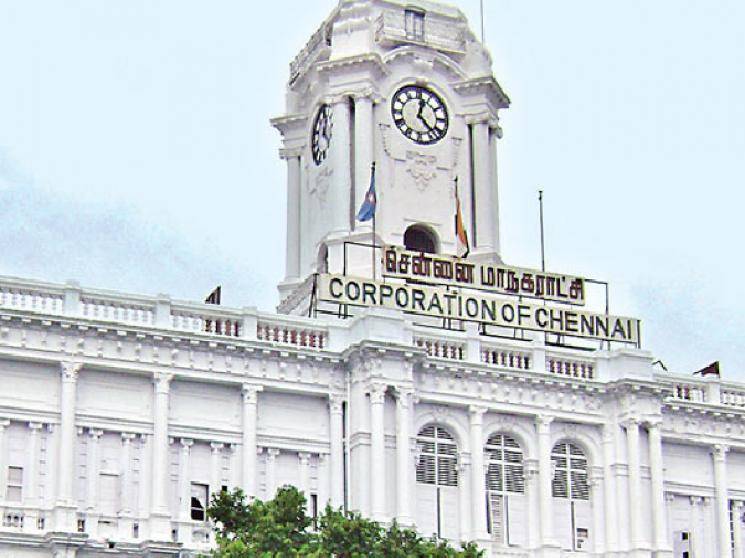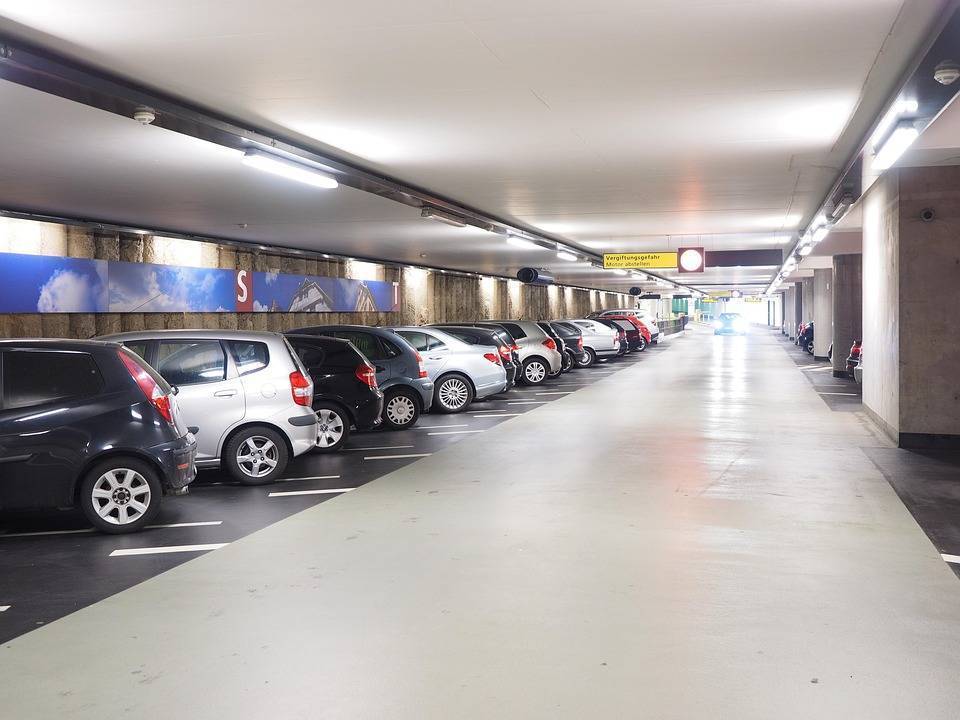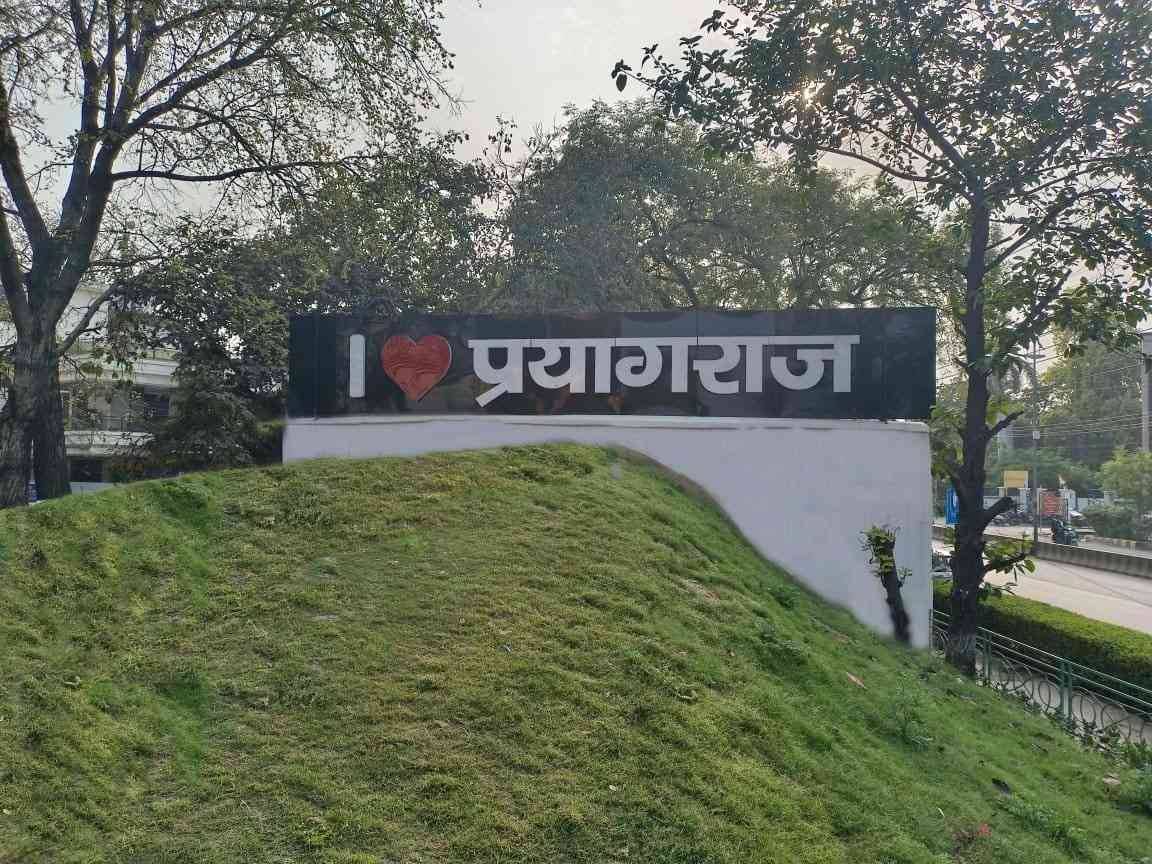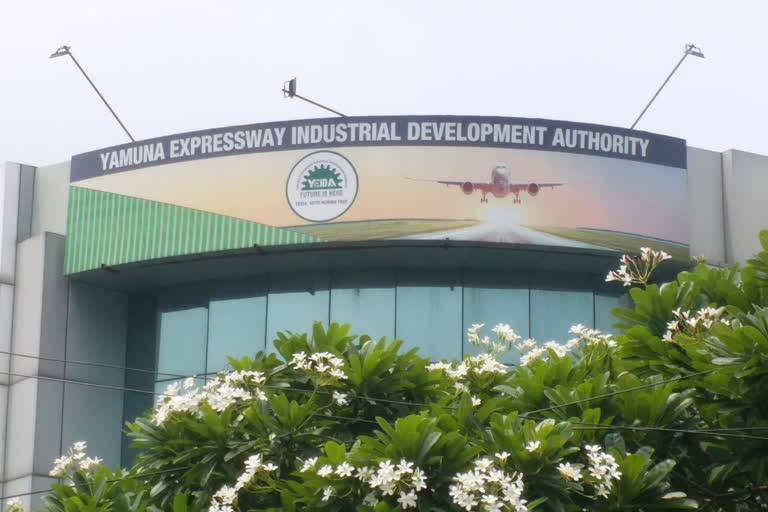The Greater Chennai Corporation (GCC) has introduced new guidelines for managing construction and demolition (C&D) waste, which will come into effect from April 21, 2025. This initiative is part of the city's efforts to streamline waste disposal and processing, particularly for the debris generated by both minor home repairs and large-scale construction or demolition projects. The new guidelines aim to address growing concerns over waste management and the impact of uncontrolled dumping in public areas.
Under the updated system, residents in Chennai who are carrying out minor home repairs or discarding broken household items such as tiles, bathtubs, and washbasins will benefit from free waste disposal services. The city has designated 15 locations where residents can drop off their waste at no cost. These locations will be managed by the GCC and are intended to ensure that minor repairs or discarded materials do not end up in unauthorized spaces. The service is available to micro generators, defined as those producing waste of up to one tonne.
For waste producers between one and 20 tonnes, such as those undergoing building renovations or maintenance work, new protocols are in place. These generators will need to make arrangements for waste disposal independently. They can either hire lorries from a list of approved contractors available on the GCC website or use their own vehicles. Additionally, the city offers a fee-based collection and transport service at Rs 2,500 per tonne. The waste can also be transported to one of Chennai's processing centers, located at Kodungaiyur or Perungudi, with a processing fee of Rs 800 per tonne.
The guidelines also include provisions for bulk waste generators who produce large quantities of debris—over 20 tonnes in a single day or up to 300 tonnes per month. These generators are required to directly transport their waste to the designated processing centers, which are also located at the Kodungaiyur and Perungudi sites. These centers are equipped to handle large-scale waste processing. As with smaller waste generators, a fee of Rs 800 per tonne applies, with payments being processed through the GCC's official website.
A critical aspect of these guidelines is the enforcement of fines for unauthorized dumping. The GCC has imposed penalties to deter individuals and contractors from improperly disposing of C&D waste. For illegal dumping of debris in public spaces, stormwater drains, or non-designated areas, a fine of Rs 5,000 will be levied. Bulk waste generators who dump waste in unauthorized locations face a heavier penalty of Rs 5,000 per tonne of waste. Smaller waste generators and service providers will incur a penalty of Rs 3,000 per tonne for improper disposal.
In addition, those involved in construction or demolition projects covering large areas—up to 6,000 square meters for construction or 600 square meters for demolition—without adequate waste disposal measures will face hefty daily fines. These fines are set at Rs 25,000 per day for non-compliance. The GCC is taking a firm stance on these issues, aiming to ensure that construction and demolition waste is managed responsibly and effectively.
The implementation of these new guidelines reflects the GCC's commitment to better managing the city's growing waste problem, particularly as the construction sector continues to expand. By formalizing the processes for waste disposal, the city hopes to reduce the environmental impact of construction projects and discourage the illegal dumping that has often plagued public spaces and water bodies in Chennai.
For residents and businesses involved in construction or demolition work, the new guidelines underscore the importance of adhering to proper waste disposal methods. The city has set up various channels to make the process as seamless as possible, including the Namma Chennai app for waste registration and the 1913 helpline for assistance. These services are expected to simplify waste management for the public while maintaining stricter regulations to reduce illegal dumping and improve overall cleanliness and environmental sustainability in the city.
These changes come at a time when urban growth is putting pressure on infrastructure and environmental systems. The GCC's new C&D waste management guidelines are a step towards creating a more sustainable and organized approach to managing the city's construction waste, aligning with broader efforts to improve urban cleanliness and waste management across India.









